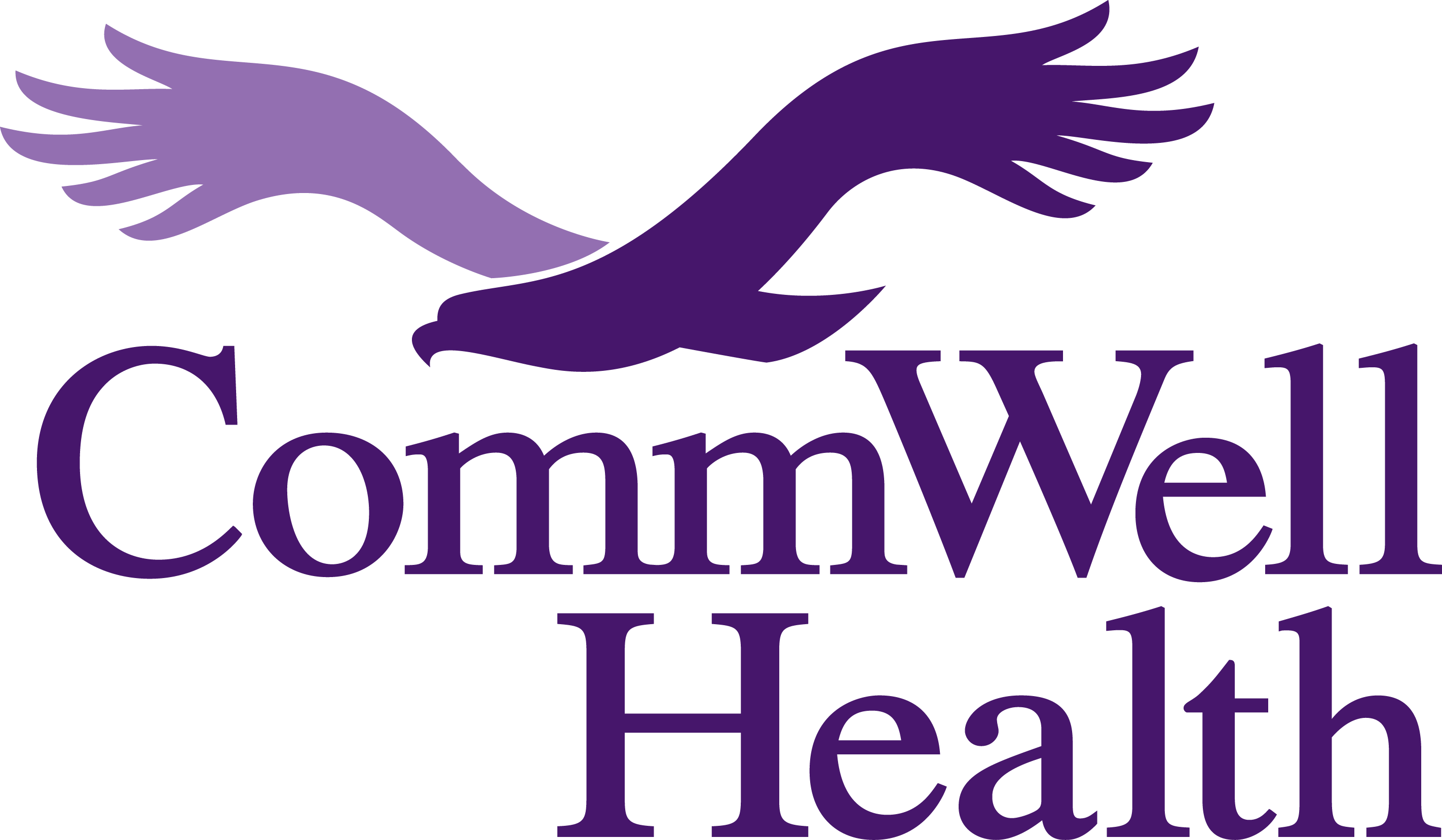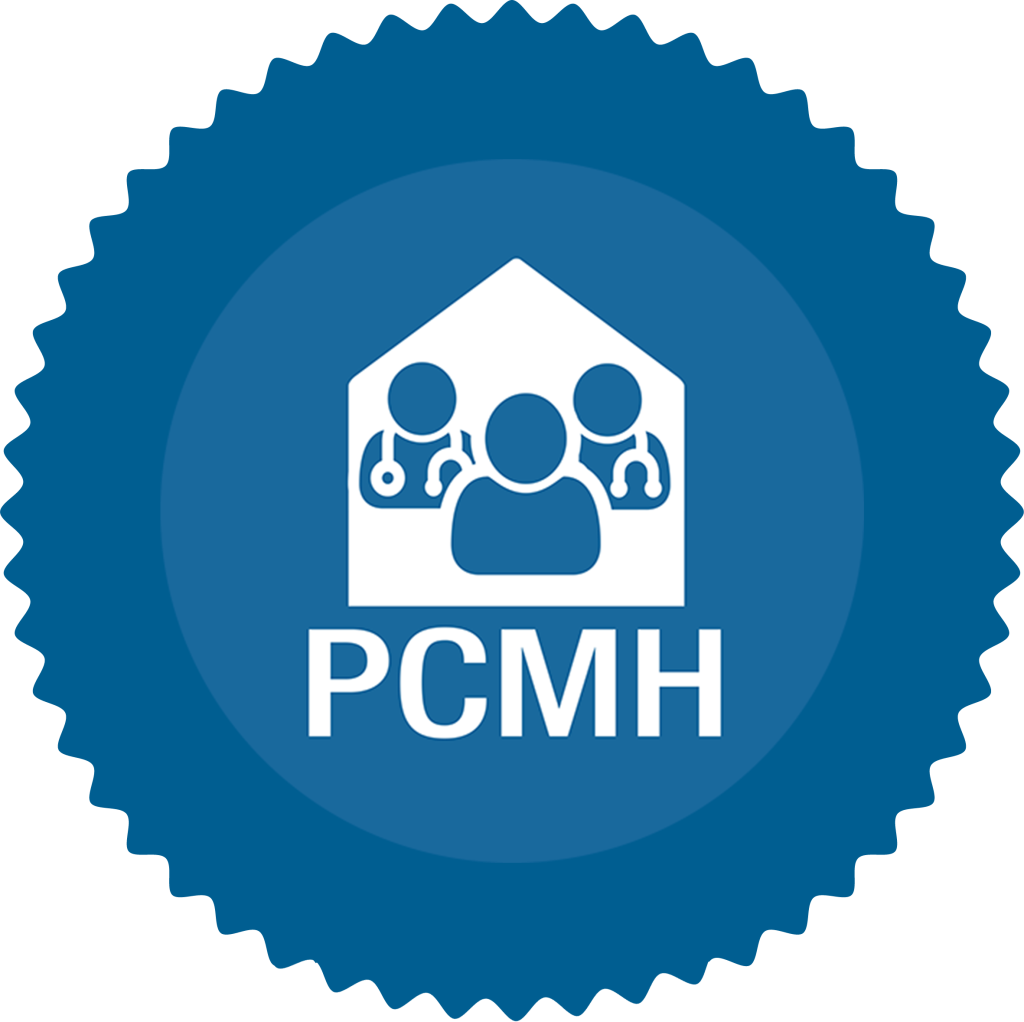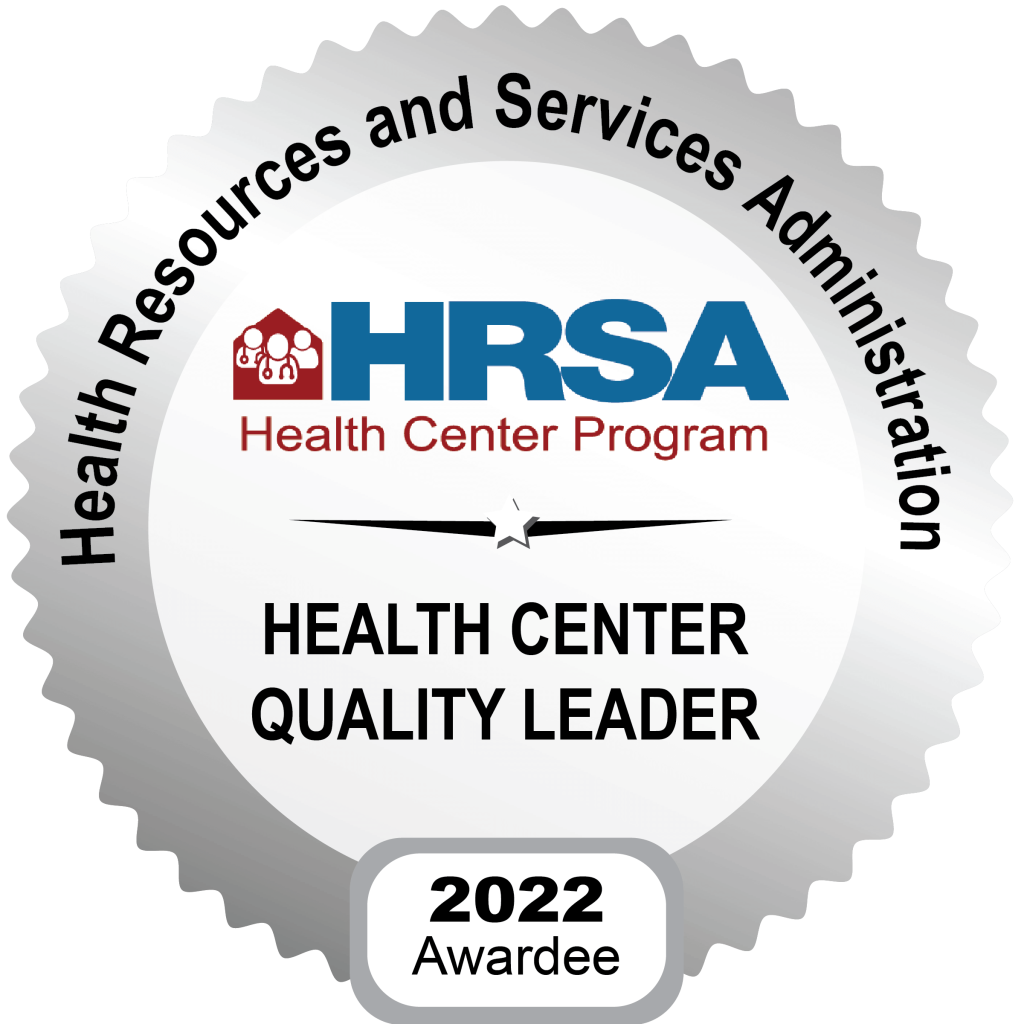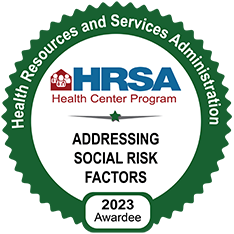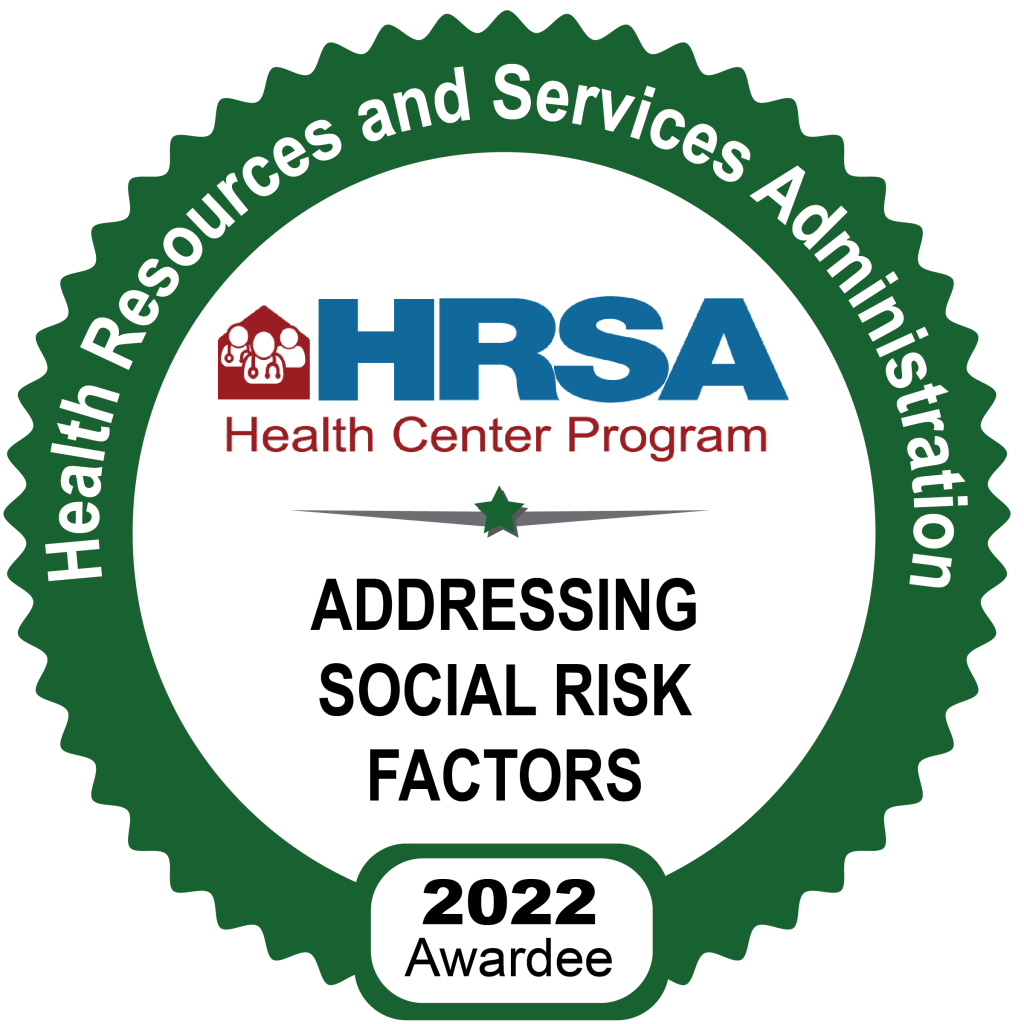What do money and mindfulness have to do with each other? A lot, actually.
 Mindfulness — the art of paying attention to what shows up for you without judging it or trying to change it — can be useful for everything from reducing anxiety to improving your eating habits.
Although a lot of the claims being made about mindfulness these days can sound like hype, it works for a reason.
When we become aware of what’s really going on in our minds and bodies and step back from the need to immediately change it, we create an opportunity to respond intentionally and effectively.
That applies to managing your money, too.
In her book, “The Art of Money,” financial therapist Bari Tessler explains how to heal the painful relationship with money that many of us have, and learn new practical and emotional tools for handling it.
One of those tools is something Tessler calls ‘the body check-in.’
Tessler recommends doing a body check-in whenever you interact with money in any way. That can include paying for things at a store, having a conversation about money with a partner or parent, checking your account balance, or any other situation in which you need to think about money.
A check-in involves six steps:
Mindfulness — the art of paying attention to what shows up for you without judging it or trying to change it — can be useful for everything from reducing anxiety to improving your eating habits.
Although a lot of the claims being made about mindfulness these days can sound like hype, it works for a reason.
When we become aware of what’s really going on in our minds and bodies and step back from the need to immediately change it, we create an opportunity to respond intentionally and effectively.
That applies to managing your money, too.
In her book, “The Art of Money,” financial therapist Bari Tessler explains how to heal the painful relationship with money that many of us have, and learn new practical and emotional tools for handling it.
One of those tools is something Tessler calls ‘the body check-in.’
Tessler recommends doing a body check-in whenever you interact with money in any way. That can include paying for things at a store, having a conversation about money with a partner or parent, checking your account balance, or any other situation in which you need to think about money.
A check-in involves six steps:
 Mindfulness — the art of paying attention to what shows up for you without judging it or trying to change it — can be useful for everything from reducing anxiety to improving your eating habits.
Although a lot of the claims being made about mindfulness these days can sound like hype, it works for a reason.
When we become aware of what’s really going on in our minds and bodies and step back from the need to immediately change it, we create an opportunity to respond intentionally and effectively.
That applies to managing your money, too.
In her book, “The Art of Money,” financial therapist Bari Tessler explains how to heal the painful relationship with money that many of us have, and learn new practical and emotional tools for handling it.
One of those tools is something Tessler calls ‘the body check-in.’
Tessler recommends doing a body check-in whenever you interact with money in any way. That can include paying for things at a store, having a conversation about money with a partner or parent, checking your account balance, or any other situation in which you need to think about money.
A check-in involves six steps:
Mindfulness — the art of paying attention to what shows up for you without judging it or trying to change it — can be useful for everything from reducing anxiety to improving your eating habits.
Although a lot of the claims being made about mindfulness these days can sound like hype, it works for a reason.
When we become aware of what’s really going on in our minds and bodies and step back from the need to immediately change it, we create an opportunity to respond intentionally and effectively.
That applies to managing your money, too.
In her book, “The Art of Money,” financial therapist Bari Tessler explains how to heal the painful relationship with money that many of us have, and learn new practical and emotional tools for handling it.
One of those tools is something Tessler calls ‘the body check-in.’
Tessler recommends doing a body check-in whenever you interact with money in any way. That can include paying for things at a store, having a conversation about money with a partner or parent, checking your account balance, or any other situation in which you need to think about money.
A check-in involves six steps:
- Pause what you’re doing. Take a moment to turn your attention inward.
- Take a few deep, slow breaths. You can close your eyes if it feels right.
- Try to be open and curious about what’s going on for you. Without passing judgment or trying to change anything, start to notice the feelings and sensations that come up. Notice physical sensations, like the feel of your clothes on your body or the way your back presses up on your chair. Notice your breath.
- Now turn your attention to the emotions you’re feeling. See if you can name them, and notice how and where you feel them in your body. Is there a knot in your stomach? Are your teeth clenched in frustration or anxiety? Let yourself be aware of these feelings without trying to change them.
- Pay attention to your thoughts, including memories, mental images, or self-talk. Are you criticizing yourself for not paying attention well enough? Notice that thought too, and let it float by.
- Now, if you’d like, you can change the way your body is working right now. You might release a part of your body that’s holding tension, or deepen your breath. You don’t have to change anything if you don’t want to — just notice.
Uncover shame
As Tessler discusses in her book, many people grow up with some sort of shame around money — and that’s not limited to people who come from impoverished or disadvantaged backgrounds. Even if you grew up in a financially comfortable home, your parents may not have, and may have passed along some of their money shame to you.Unexamined shame can drive a lot of impulsive or unintentional financial decisions that we look back on later with even more shame. Bringing that shame into the light helps it dissipate and creates space to make decisions that are more in line with our values and goals.
